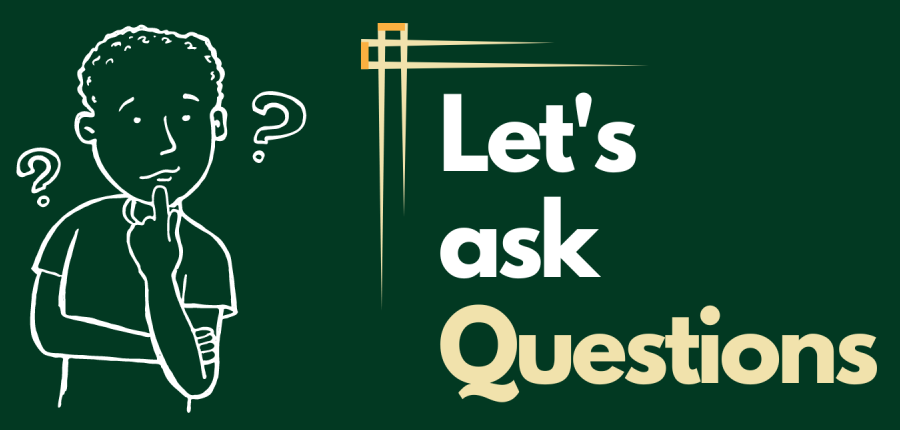When a top player on the team suddenly finds themselves in charge, their instinct is often to tell everyone what to do. I think this approach is exhausting and unsustainable. It’s not the new leader’s fault, though as they are rarely given proper training or a coach to guide them through the transition. Leadership involves three key responsibilities: coaching, motivating, and inspecting, depending on the situation. Inspection, in my view, includes activities like forecasting and setting quarterly goals.
Leaders often feel the urge to step in and be the saviour. It feels concrete and actionable: “We have an issue? I’ll handle it with the client. There’s a problem with a deal? I’ll tell you the next three steps to win.” Leaders leverage their experience and knowledge, while team members rely on their facts and research. But the more leaders step in, the more they create dependency. Team members will return to the leader’s office even sooner next time, seeking direction earlier in the process. Over time, this dynamic makes the team worse, not better. I call this “learned helplessness.”





















